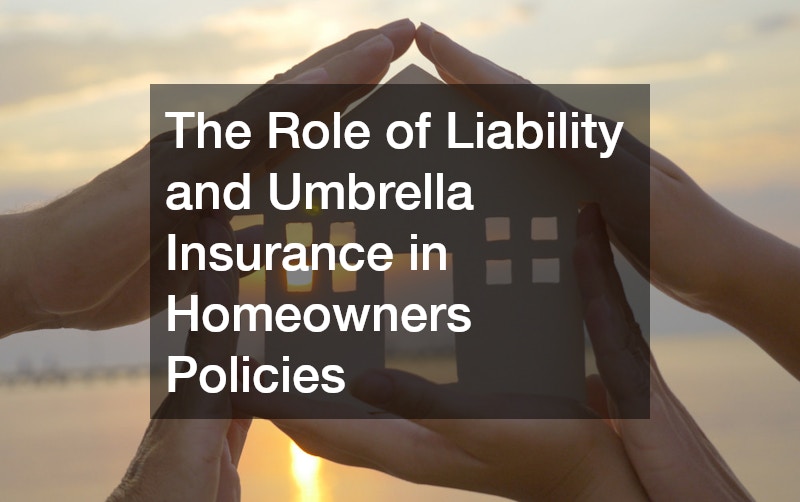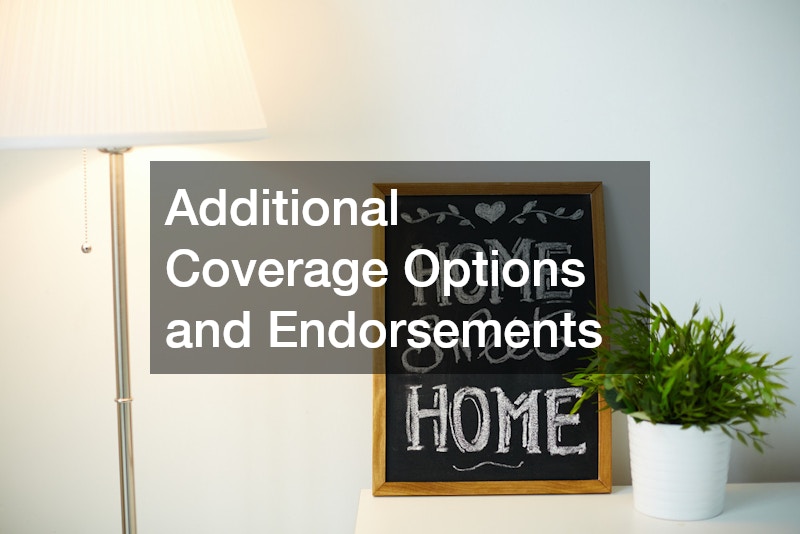In the journey of becoming a successful home owners insurance agent, understanding the various types of homeowners insurance policies is crucial. These policies are essential tools for protecting one’s biggest financial investment – their home. The core function of a homeowners insurance policy is to provide financial protection against disasters, and it’s designed to cover the house itself along with certain personal belongings inside. By mastering this information, aspiring home owners insurance agents can effectively serve and educate their clients, ensuring they choose the most appropriate coverage.
If you’re studying to become a home owners insurance agent,, you must have a solid grasp of these policy types.
The most common type of homeowners insurance policy is the HO-3 policy, also known as a Special Form policy. This type of policy offers a broad range of coverage, providing protection against all risks except those explicitly excluded. It’s important for agents to understand the types of perils typically included and excluded in this type of coverage, such as natural disasters and theft. This knowledge helps agents guide their clients in customizing policies to meet their specific needs. Moreover, recognizing variations in policy details can aid future agents in providing top-notch customer service.
Another common policy type is the HO-5 policy, which is akin to the HO-3 but with broader coverage. HO-5 policies cover more perils, which makes them an attractive option for individuals looking for extensive protection. As an agent, comparing these two policy types will show clients the advantages and potential drawbacks of each, depending on their unique circumstances. Agents equipped with this knowledge are better prepared to build trust and a strong client relationship.
The Role of Liability and Umbrella Insurance in Homeowners Policies

Liability insurance is another critical component of homeowners insurance policies that every aspiring home owners insurance agent must thoroughly understand. Liability coverage provides protection against lawsuits due to accidents on the property that result in injury or property damage to others. Having sufficient liability coverage can prevent homeowners from facing financial ruin in the event of a lawsuit. Knowing the ins and outs of what liability coverage entails allows agents to counsel clients properly, ensuring they have the right amount of coverage. This becomes especially important when dealing with properties that accommodate frequent guests or rentals.
In addition to standard liability coverage, umbrella insurance is another layer of protection worth discussing with clients. An umbrella policy offers extra liability coverage beyond the limits of a homeowner’s primary policy. It is especially useful in cases where homeowners face potential risks that could exceed the limits of their standard liability policy. Explaining the benefits of umbrella insurance and recognizing when it’s necessary helps agents provide comprehensive service to their clients.
An important step in advising clients is evaluating their specific risk profiles to determine if an umbrella policy would be beneficial. Factors such as the value of the home, the homeowner’s financial situation, and their lifestyle can all play a role in this decision-making process. As homeowners insurance agents, understanding these nuances ensures that you provide tailored advice to each client. This expertise also helps in educating clients about the potential financial repercussions if greater liability coverage is neglected. By prioritizing this component of coverage, agents will be better positioned to offer valuable insights and solutions.
Additional Coverage Options and Endorsements

Beyond the standard coverage options, homeowners insurance agents must be familiar with various endorsements that can be added to a policy. Endorsements are modifications to a basic insurance policy that provide additional benefits or coverage limits. Key examples include endorsements for valuable items like jewelry, art, or collections, which may not be fully covered under standard policies. Agents should not only understand the purpose of these endorsements but also know when to recommend them to clients. Mastery of this area allows agents to create highly customized policies that cater to their clients’ specific needs.
Flood and earthquake endorsements are particularly important, especially in geographical areas prone to these natural disasters. Standard homeowners insurance policies often do not cover these perils, making additional endorsements crucial for adequate protection. As an agent, educating clients about these limitations and the availability of additional endorsements plays a significant role in safeguarding their financial well-being. By recommending and explaining the benefits of these endorsements, agents demonstrate their commitment to comprehensive client care.
Finally, technological advancements have made it possible for insurance companies to offer specialized endorsements tied to smart home devices. These modern endorsements can cater to clients who have invested in high-tech security features and energy-efficient appliances. Understanding and offering these cutting-edge endorsements can help agents tap into a tech-savvy market segment. Agents who stay abreast of these developments and offer insights into such options position themselves as forward-thinking and knowledgeable in a competitive industry. Consequently, this enhances their ability to pass their home owners insurance agent exams with confidence and serve their clients more effectively.
